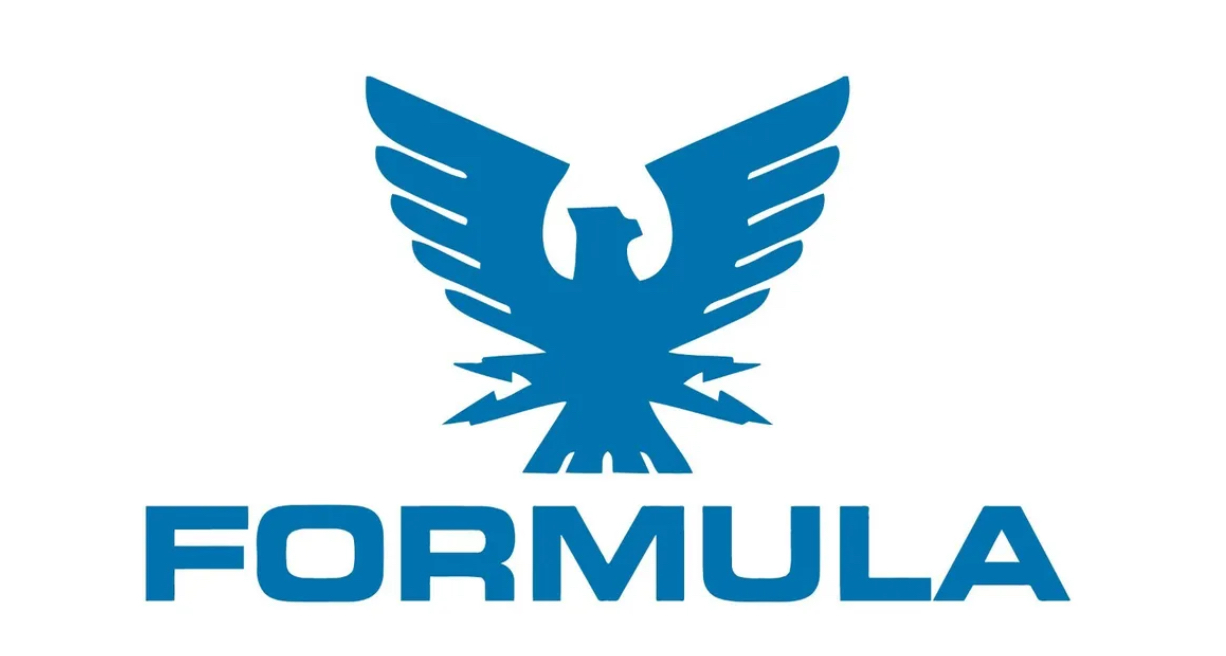WOW this topic exploded over the weekend. Boating season must be close. People are thinking more and more about boating and participating here. That is awesome.
I would like to drop my two cents here on the small block v. big block debate. Of course my thoughts are worth the afore mentioned two cents so take it as you will.
I used to get great pleasure in my drag/street racing days in building and racing small blocks to beat big blocks. What I found was that I ended up with way too radically built small blocks that had a relatively short life span. When I got to the point I wanted to drive my hot rods on a daily basis. I found out about the wonderful world of big blocks.
As the saying goes there is no replacement for displacement. I found that I could have a mild big block make 450hp or a radical small block that needed seriously high rpms to make that same 450hp. It doesn't take a rocket scientist to see that 450hp made at 4000rpm will last longer than 450hp made at 7000rpm. Big blocks were more drivable on a daily basis for like amounts of power made and could last a long time.
I also think I have heard somewhere that while hp is more related to rpm's, torque ( which actually does the work) is more directly related to displacement.
Of course I have very little experience hot rodding boats. I actually decided I had enough hot rodding cars and love the reliability of turn key operation. So my views may have little or no relation to the marine world. I enjoy the power my boat has and the speed when I get a nice glassy piece of water. But most of the time I enjoy checking out the scenery or anchoring and having a cold one.
I ordered big blocks for most of the reasons already talked about here. Better mid range, seemingly better mileage at cruise speeds, better hole shot (especially with a load) and hopefully, longer lifespan in a relatively heavy boat. But all of those reasons are mine and mine alone. The sound of a small block at 6000rpm is a song to my ears, and the sound a a big block idling then pulling hard to get a load moving is equally pretty. I can appreciate both for different reasons.
Make your own choices with whatever educated guess you feel most comfortable with. Ask people you trust and know then go for it! Formula's are great boats and extremely well engineered. I seriously doubt they would offer an engine package that was underpowered by most boaters definitions.
I would like to drop my two cents here on the small block v. big block debate. Of course my thoughts are worth the afore mentioned two cents so take it as you will.
I used to get great pleasure in my drag/street racing days in building and racing small blocks to beat big blocks. What I found was that I ended up with way too radically built small blocks that had a relatively short life span. When I got to the point I wanted to drive my hot rods on a daily basis. I found out about the wonderful world of big blocks.
As the saying goes there is no replacement for displacement. I found that I could have a mild big block make 450hp or a radical small block that needed seriously high rpms to make that same 450hp. It doesn't take a rocket scientist to see that 450hp made at 4000rpm will last longer than 450hp made at 7000rpm. Big blocks were more drivable on a daily basis for like amounts of power made and could last a long time.
I also think I have heard somewhere that while hp is more related to rpm's, torque ( which actually does the work) is more directly related to displacement.
Of course I have very little experience hot rodding boats. I actually decided I had enough hot rodding cars and love the reliability of turn key operation. So my views may have little or no relation to the marine world. I enjoy the power my boat has and the speed when I get a nice glassy piece of water. But most of the time I enjoy checking out the scenery or anchoring and having a cold one.
I ordered big blocks for most of the reasons already talked about here. Better mid range, seemingly better mileage at cruise speeds, better hole shot (especially with a load) and hopefully, longer lifespan in a relatively heavy boat. But all of those reasons are mine and mine alone. The sound of a small block at 6000rpm is a song to my ears, and the sound a a big block idling then pulling hard to get a load moving is equally pretty. I can appreciate both for different reasons.
Make your own choices with whatever educated guess you feel most comfortable with. Ask people you trust and know then go for it! Formula's are great boats and extremely well engineered. I seriously doubt they would offer an engine package that was underpowered by most boaters definitions.

